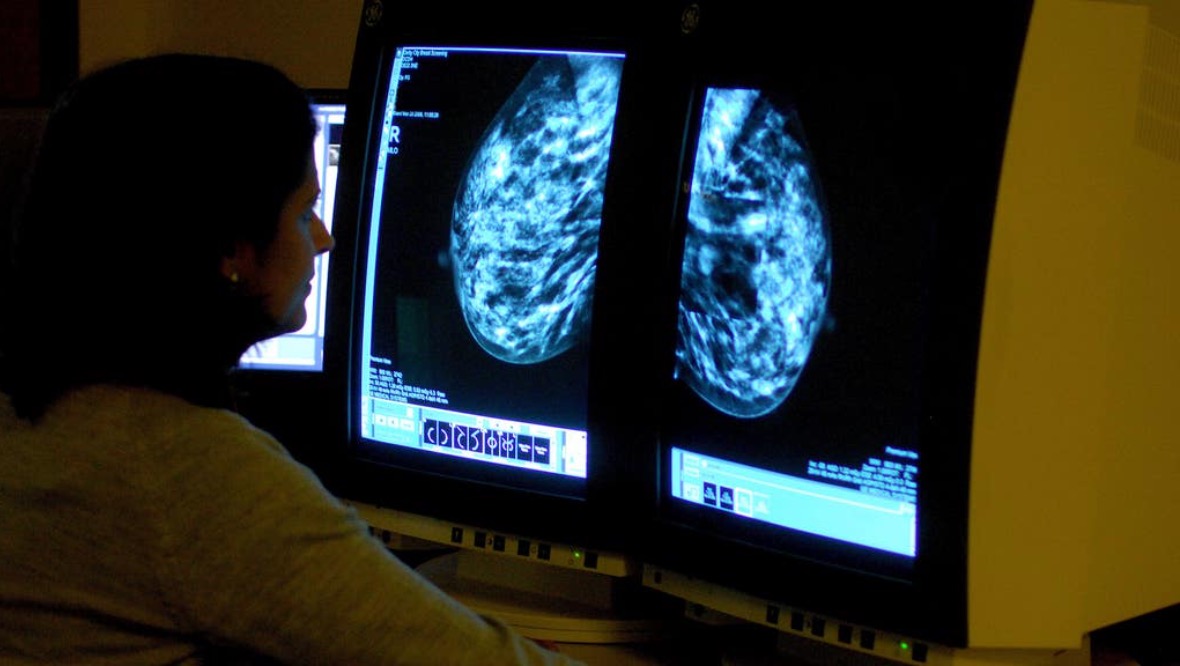A patient’s chances of surviving after cancer surgery dramatically improves with higher standards of post-operation hospital care, a new study has found.
Research by the universities of Edinburgh and Birmingham found patients in low and lower middle-income countries are up to six times more likely to die from complications within 30 days of surgery, compared to those in high-income countries.
In the largest study of its kind, the researchers looked at nearly 16,000 patients in 428 hospitals across 82 countries who underwent surgery for breast, bowel and stomach cancer between April 2018 and January 2019.
They found hospitals in low and lower-middle income countries are less likely to have post-surgery facilities or care plans in place.
Investing in appropriate recovery and ward space, trained staff, early warning systems and critical care facilities would result in much improved surgical care and reduce the number of deaths, the experts said.
Around 80% of cancer patients undergo surgery as part of their treatment.
Complications following surgery are common, but the researchers found that hospitals providing a high standard of post-operative care have the best outcomes – even when treating late stage cancers.
Stomach cancer patients who underwent surgery were three times more likely to die in low and lower-middle income countries compared to those in high-income ones, the research found, while bowel cancer patients were four times more likely to die.
However, no difference in death rates was found among patients who underwent breast cancer surgery.
Low and lower-middle income countries with post-operative care facilities in place were associated with seven to ten fewer deaths per 100 complications.
The research, published in The Lancet, was funded through the National Institute for Health Research Global Health Unit in Global Surgery.
The team only looked at early outcomes following surgery, but they hope to study longer-term outcomes and other cancers in future.
Professor Ewen Harrison, professor of surgery and data science at the University of Edinburgh, said: “Rich and poor countries alike have talented surgeons and anaesthesiologists, but low resource countries do not have the infrastructure to support the complications that occur during surgery.
“We now know this can have a major impact on whether or not a patient survives.”
Follow STV News on WhatsApp
Scan the QR code on your mobile device for all the latest news from around the country


 PA Ready
PA Ready


























